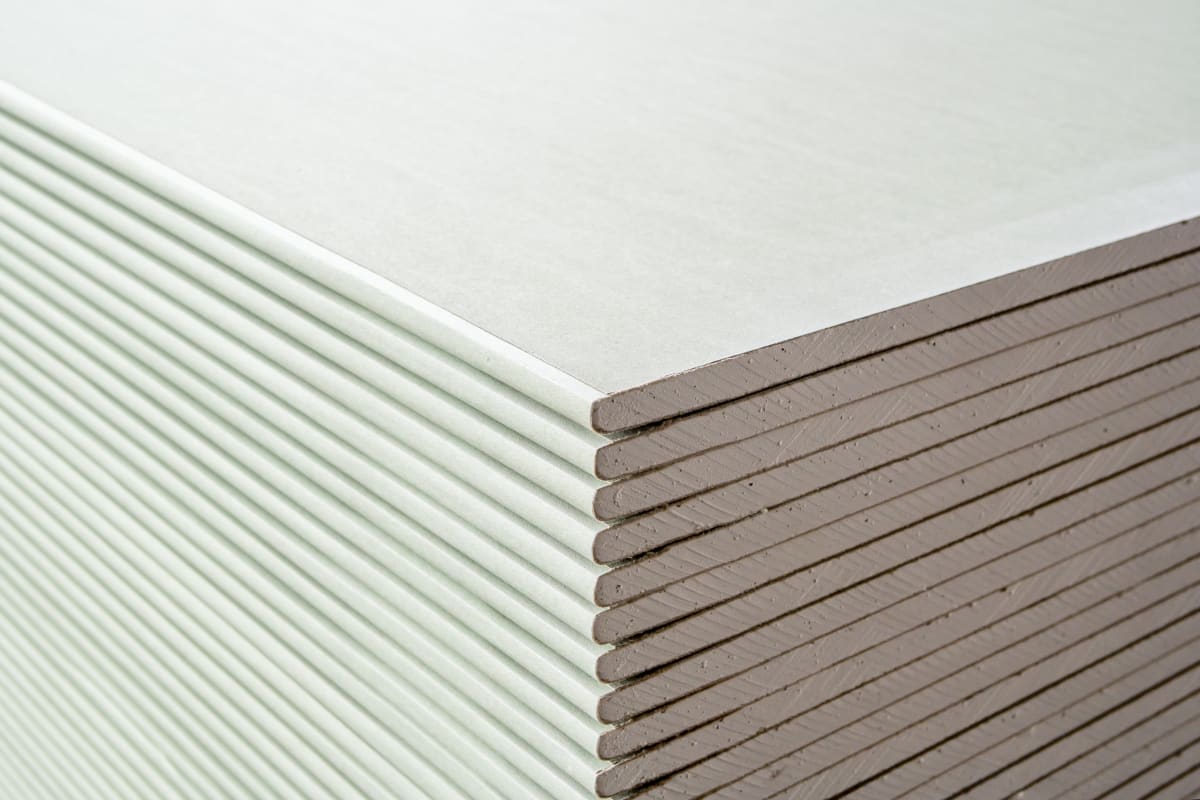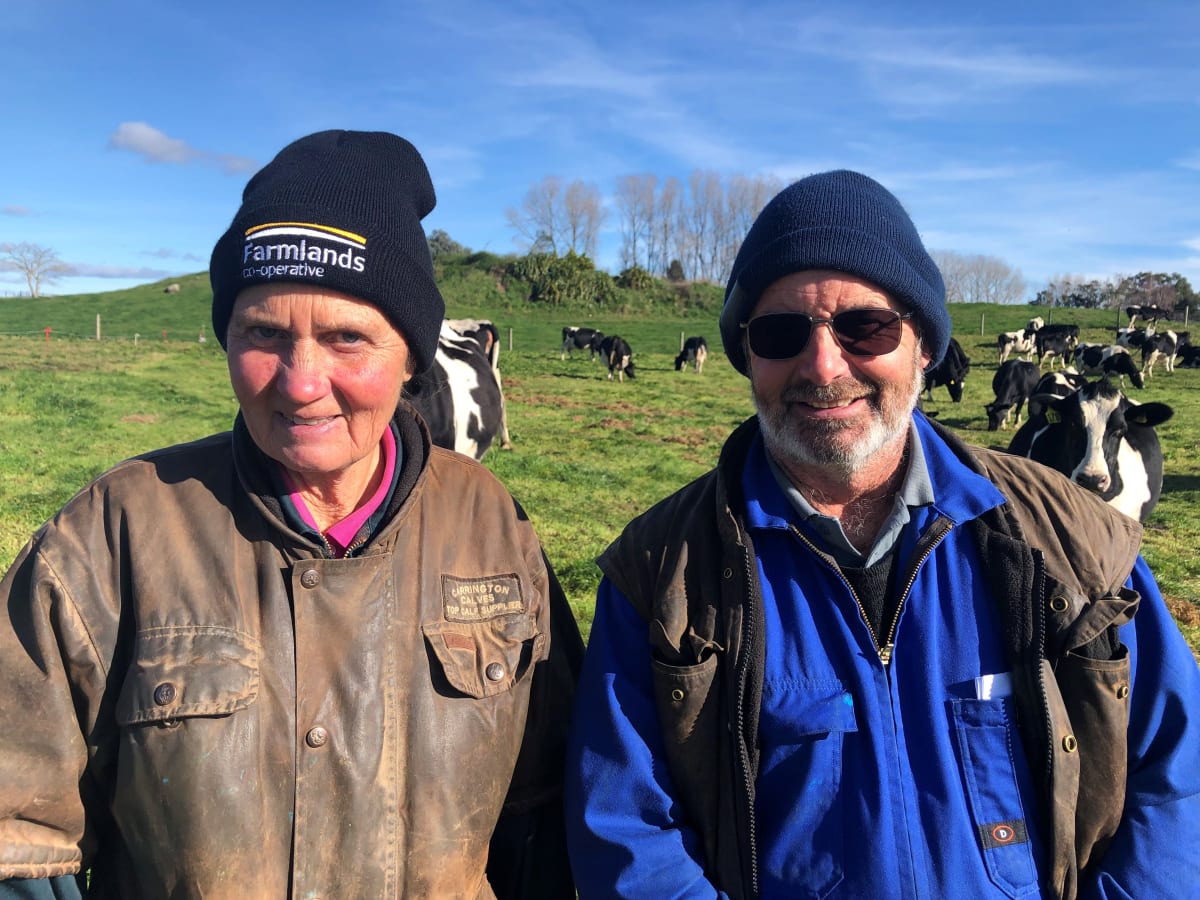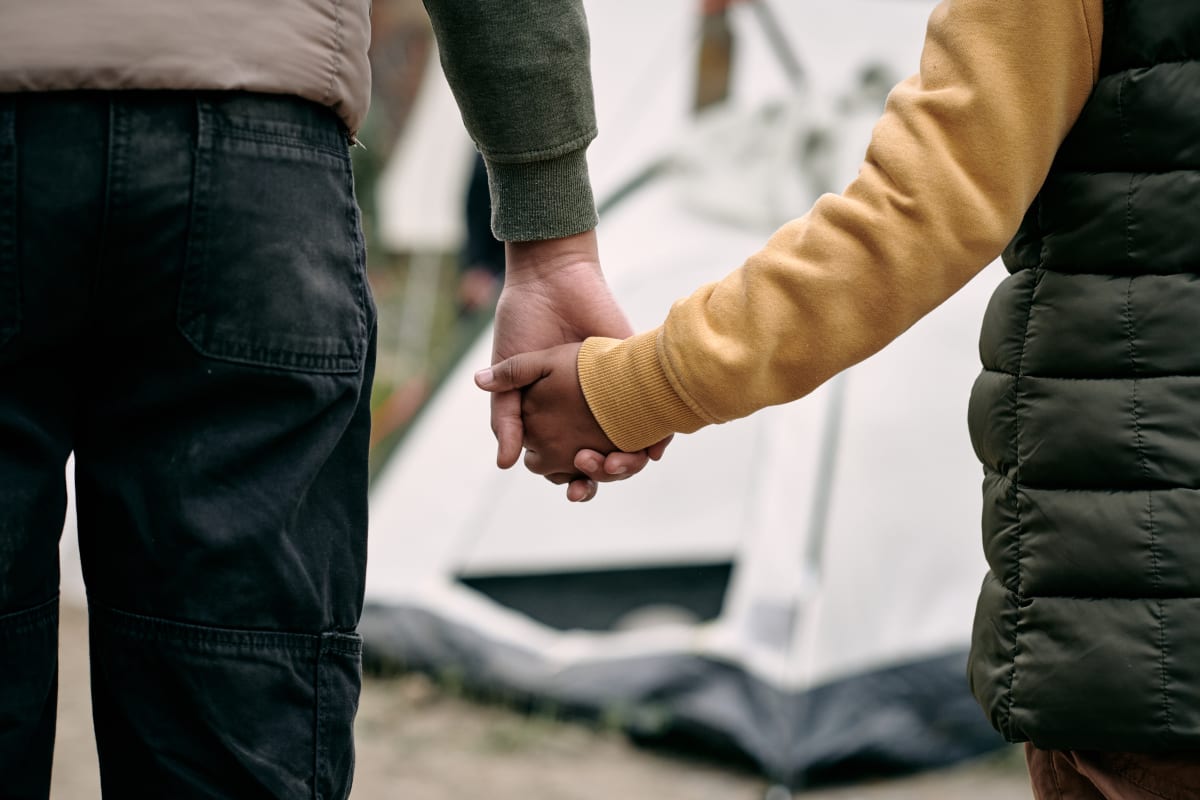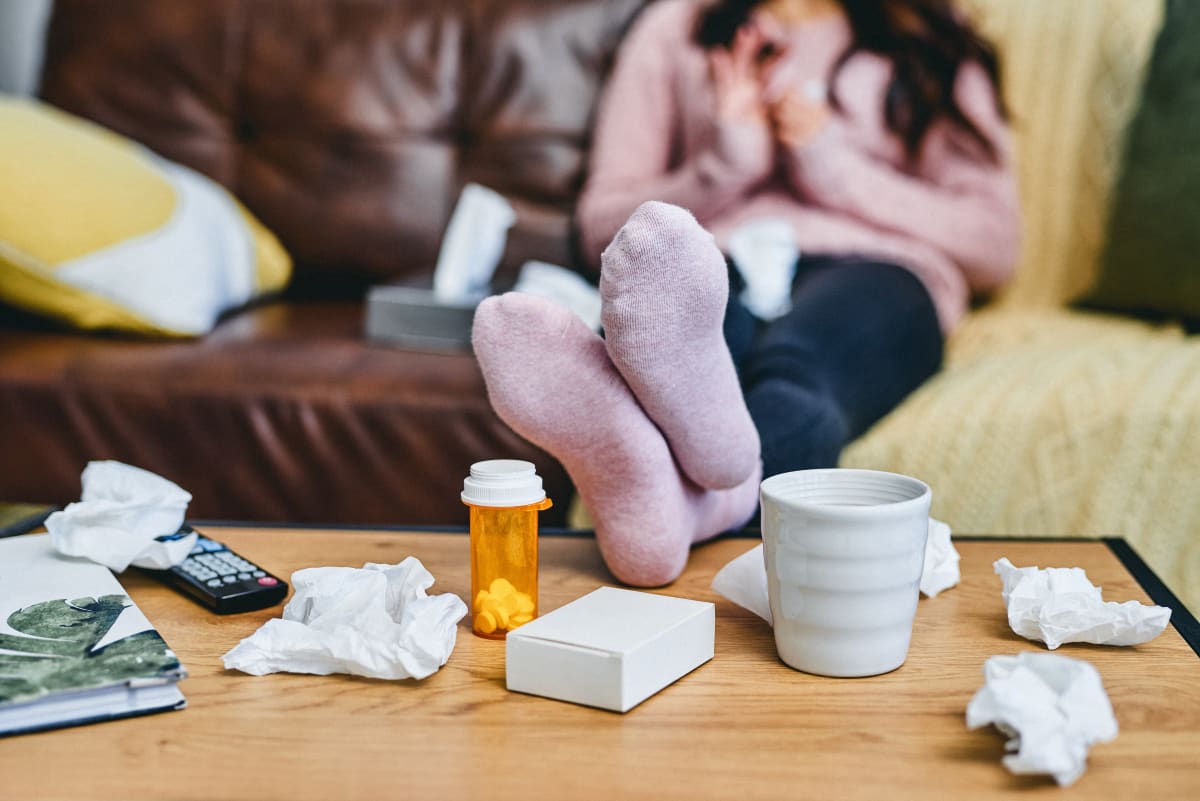
Every weekday, The Detail makes sense of the big news stories.
This week we covered the GIB shortage, how farmers are measuring and cutting their dairy emissions, the idea of 'sportswashing' and Saudi Arabia’s new LIV Golf tournament, why asylum seekers are treated differently to other refugees in Aotearoa, and took a closer look at sick leave as we enter the middle of the cold and flu season.
Whakarongo mai to any episodes you might have missed.
Explaining the plasterboard shortage
GIB (that's a brand of plasterboard product for the uninitiated) is as precious as gold these days.

Orders have been delayed by months, houses have sat unfinished, construction companies have gone under. The Government has now stepped in, launching a taskforce to investigate the shortage last week. Forget Godot, it seems we're all waiting for GIB.
NZ Herald property editor Anne Gibson takes The Detail through the dramatic tale of a humble product: how GIB became the industry standard with a 95 percent share of the market, what caused the supply chains at Fletcher Building subsidiary Winstone Wallboards to dry up, and why Simplicity Living is leading the call to divest from Fletchers and look abroad.
Counting our farming emissions
New Zealand will become the first country in the world to price emissions at the farmgate, if the agriculture sector's plan - He Waka Eke Noa - wins the support of the Government.

It'll mean farmers won't be part of the broader emissions trading scheme, but will have their own system to meet the goal of cutting emissions in the agriculture sector by 10 percent by 2030 and up to 40 percent by 2050.
George Moss is a dairy farmer and climate change ambassador for the industry body DairyNZ. The Detail takes a tour of the farm to find out how the Mosses have built up a herd that's now 10 percent more efficient than the average farm in terms of production, while emitting less methane.
Moss says more than 90 percent of dairy farmers have their greenhouse gas data, but the challenge for many is understanding it so they can work on reducing emissions while ensuring they still have a viable operation.
"Out there is a group of farmers really embracing this space and really building their knowledge. There's a group of farmers - probably the minority - who are vocal at the other end, who are saying we shouldn't do anything and this is not fair and somebody else should tackle the problem.”
Sportswashing and the rebel LIV Golf tournament
Saudi Arabia has found itself getting international attention again, but this time it's because the country's sovereign wealth fund is bankrolling the world's newest elite golf tournament, LIV Golf.
The big names to join the tour have received hundreds of millions of dollars by just signing on. But in doing so, these sportspeople have opened themselves up to criticism that they were willingly selling their skillset to help clean up Saudi Arabia's blood-soaked reputation.
"They're scary motherfuckers to get involved with," said Phil Mickelson, a golfer who was paid $200 million - more than double his career earnings - just for joining LIV Golf.
"We know they killed [Washington Post reporter and US resident Jamal] Khashoggi and have a horrible record on human rights. They execute people over there for being gay. Knowing all of this, why would I even consider it? Because this is a once-in-a-lifetime opportunity to reshape how the PGA Tour operates."
Emile Donovan talks to former Sunday Star-Times sports journalist Michael Donaldson and Stuff's Dana Johannsen about the phenomenon of 'sportswashing' and the effect it's having on the professional sports industry.
Why are asylum seekers treated different from refugees?
The number of asylum seekers is back on the rise as borders reopen around the world, with shocking stories of people escaping war or persecution only to be stuck in a painful limbo that can drag on for years.

Of the 4.6 million asylum seekers identified by the United Nations, just a few hundred get to Aotearoa every year and fewer than half are given refugee status.
"It's just a very small drop in the bucket," says University of Auckland's Professor Jay Marlowe, co-director for the Centre for Asia Pacific Refugee Studies.
"We're talking about 0.001 percent of the world's asylum seekers coming through the New Zealand system."
And even though the numbers are small, as Sharon Brettkelly finds out, asylum seekers don't get the same treatment as refugees coming to New Zealand through the quota system.
Taking the temperature on sick leave
For years when we've had colds, flus and other lurgies, we've been expected to soldier on, dosing up on meds and going to work, school and social events.

Then along came Covid-19, and the loud and clear message to stay home when we're sick.
In 2021, the Government raised employee minimum entitlements for sick leave from five days to 10 days. In the three months to March, 44,200 employed people were away from work for a full week because of sickness, illness or injury - up two-thirds on the same period last year. It's also the highest it's been in the past five years. But what happens if you max out your sick leave? Are people still going to work when they're sick?
Sarah Robson spoke to AUT Professor of Human Resource Management Jarrod Haar and employment lawyer Barbara Buckett.
Find out how to listen and subscribe to The Detail here.
You can also stay up-to-date by liking us on Facebook or following us on Twitter.








